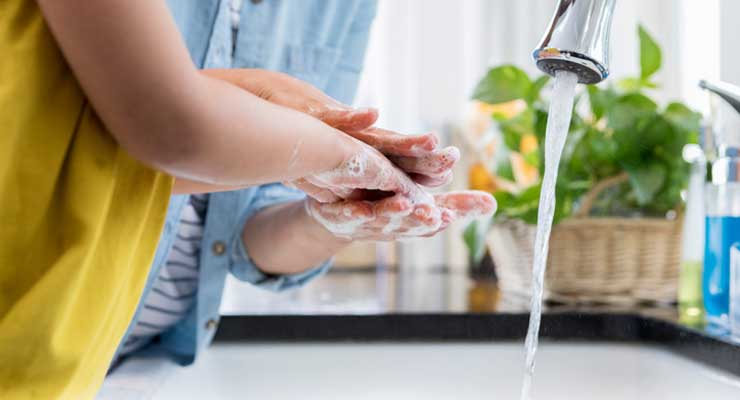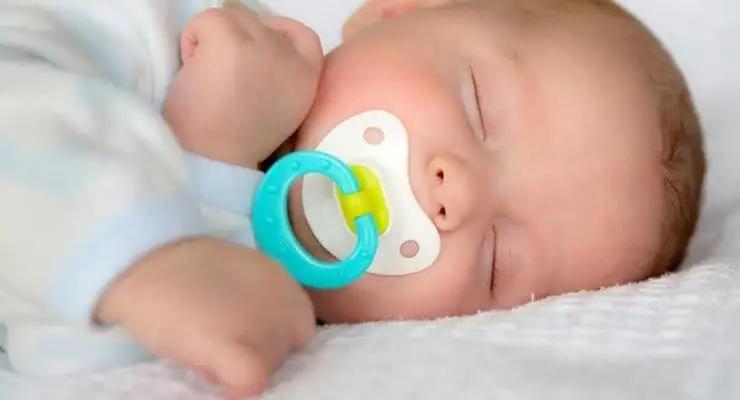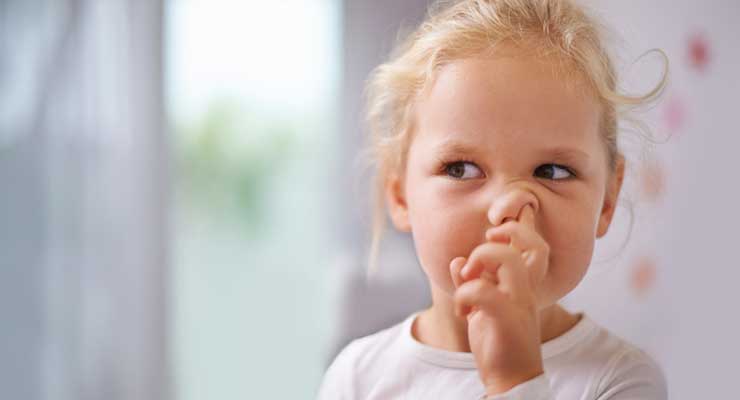Search Results for: fingers
Hand Washing Tips for Kids
When your child comes into the kitchen while you are making dinner, literally armed with an assortment of bugs, snails and worms up and down her hands and arms, the last thing she is thinking about is washing her hands. That is where children differ from adults, because that is probably your first thought. Try to remain calm as you instruct her to put the creatures back outside and then to wash her hands.
When Should You Give a Pacifier to a Baby?
Giving your baby a pacifier is a personal decision. Most experts agree that pacifiers can be helpful during the first six months of life as it satisfies your baby’s natural instinct to suck. However, there are no definite guidelines about when to give a pacifier or take one away. Sometimes, it is best to just use your mothering instinct to decide if a pacifier is right for your baby, regardless of his age.
When Does a Baby Develop a Heartbeat?
The nine months of pregnancy seem endless for many expectant mothers. In reality, it is amazing how much a baby grows and changes during that time. In fact, many of those changes, including the development of a heartbeat, occur before the expectant mother even knows she is pregnant, according to MayoClinic.com.
How to Track Your Fertility Cycle
Tracking your fertility cycle can be used as both a natural form of birth control and to increase your chances of becoming pregnant. Women are most fertile the day of and five days before ovulation. This is because an egg only survives about 24 hours, while sperm can live for up to five days. Some methods are not for the squeamish, but they do give valuable information about your fertility cycle. Doctors even use these signs to help discover potential fertility problems.
How to Stop a Child From Nose Picking
Nose picking is one of the most common and annoying habits your child can develop. Your child might start picking his nose because it’s itchy, infected, irritated or just because he’s curious. But once he starts, you’ll need to nip the habit in the bud if you don’t want to deal with increased nasal infection and potential nosebleeds — both consequences of too-frequent picking.





